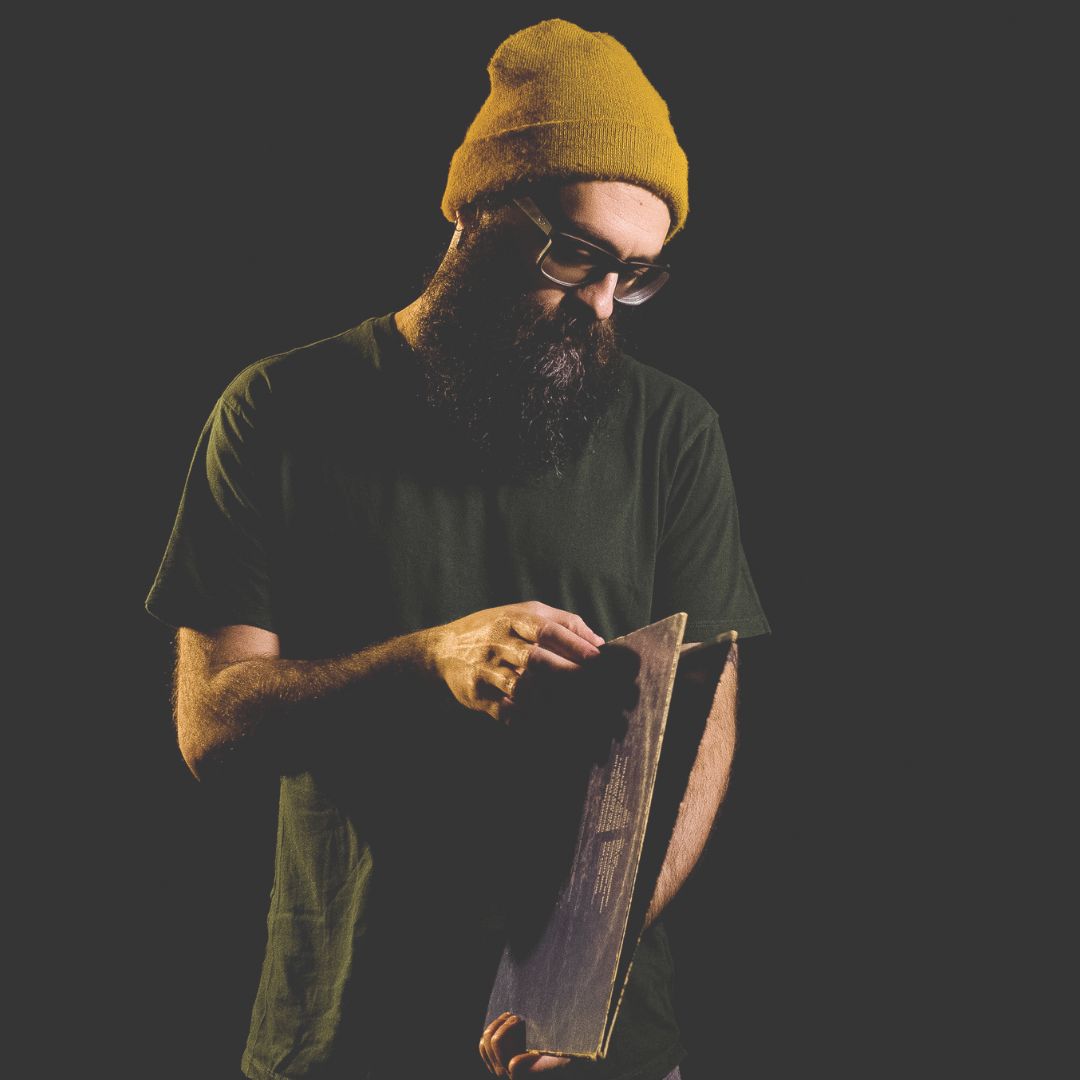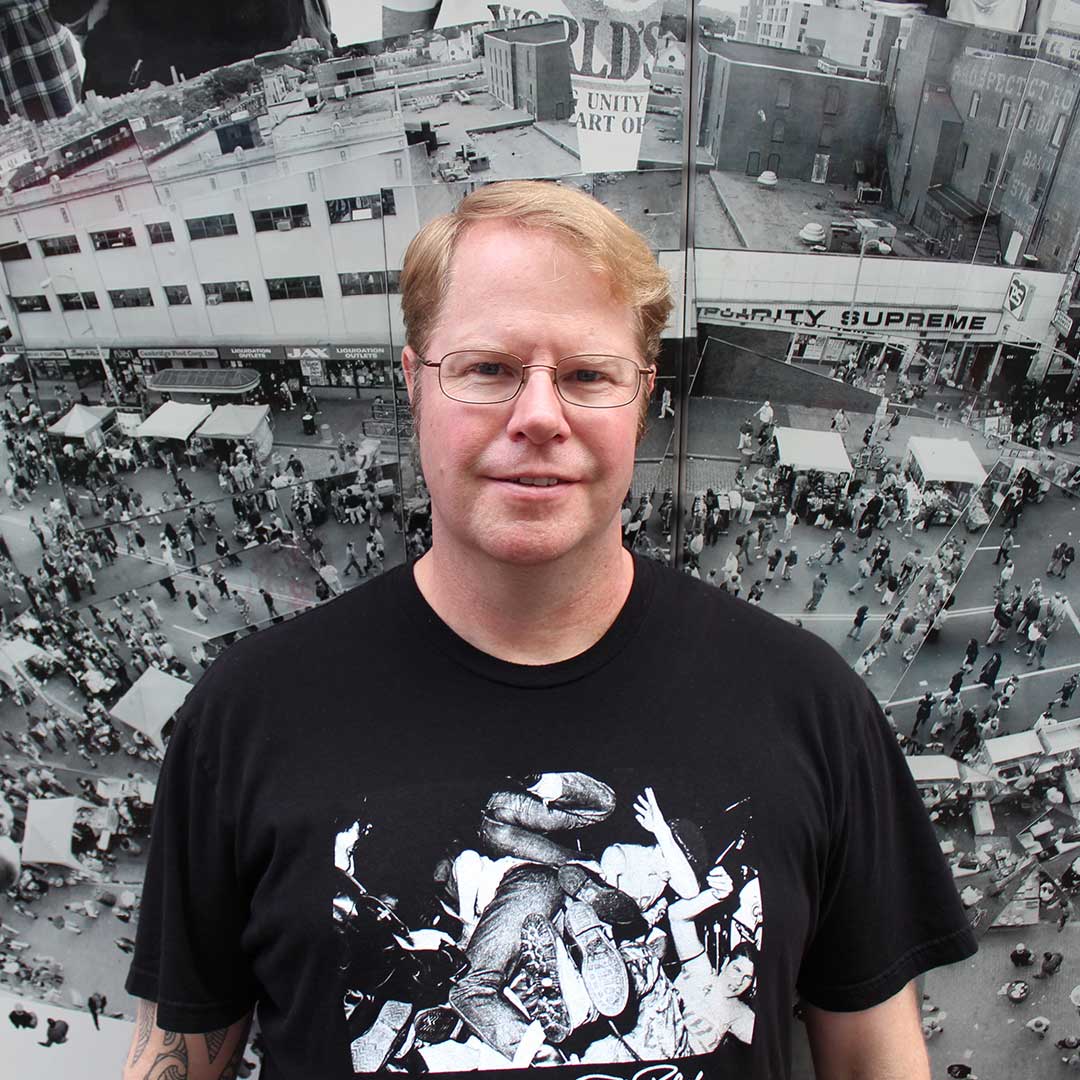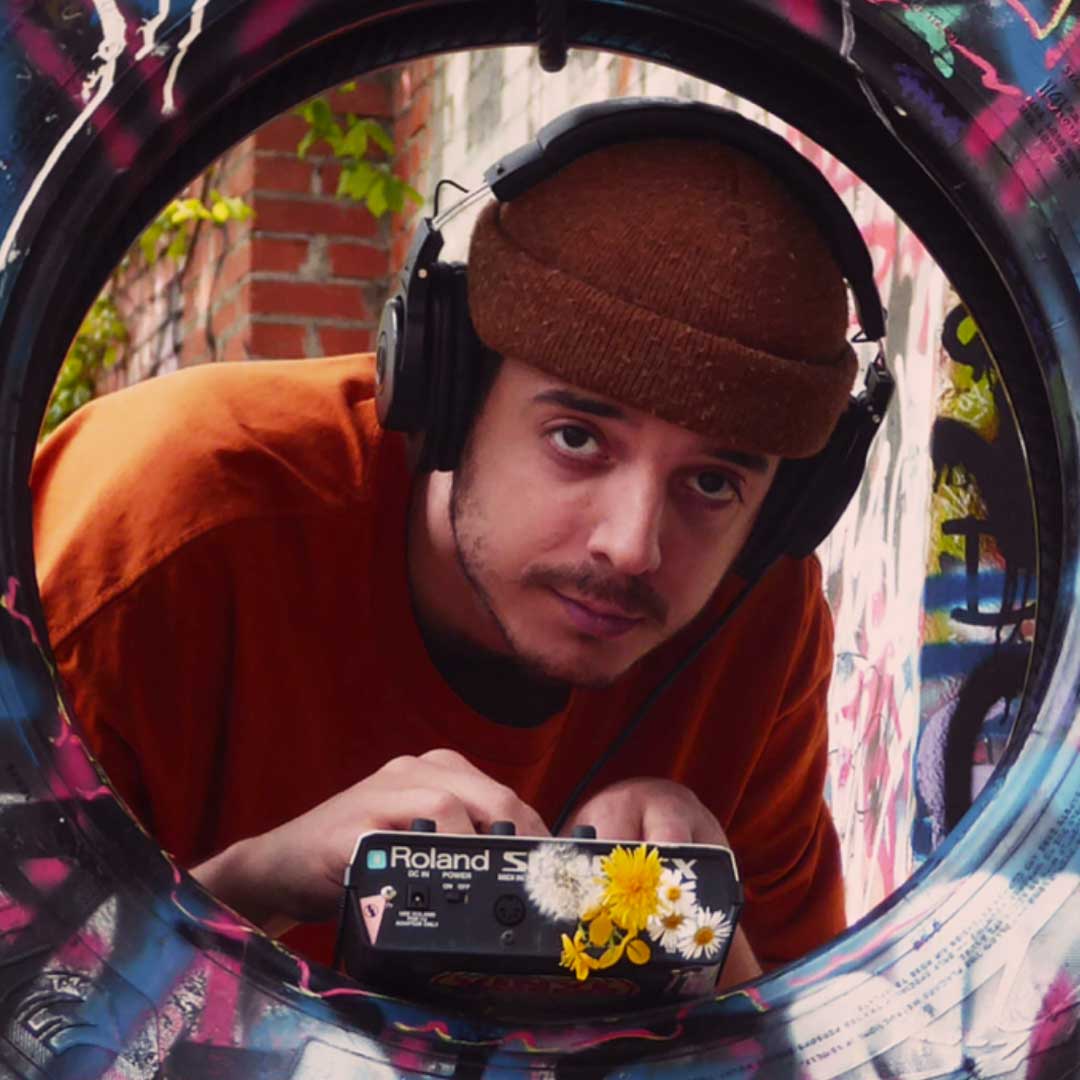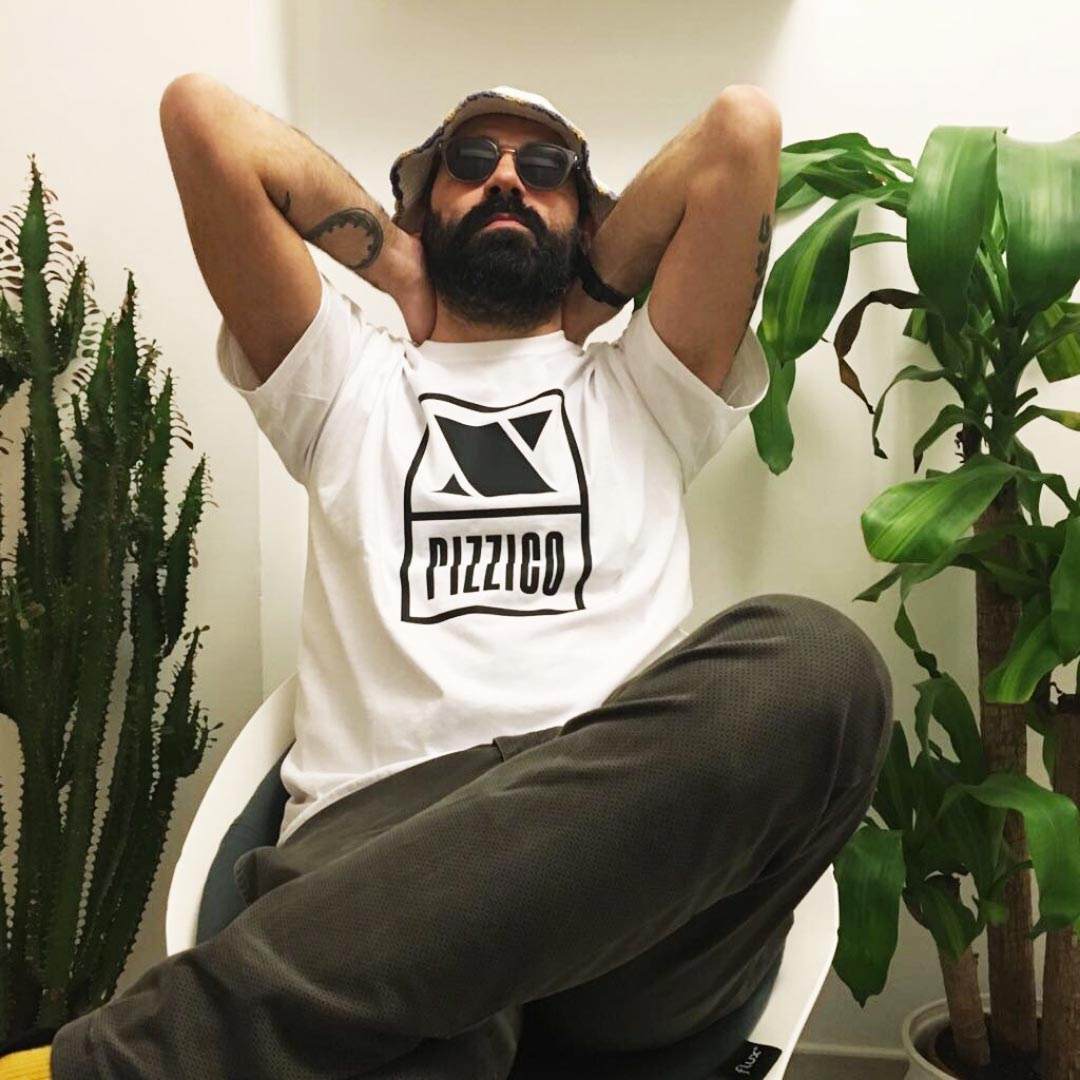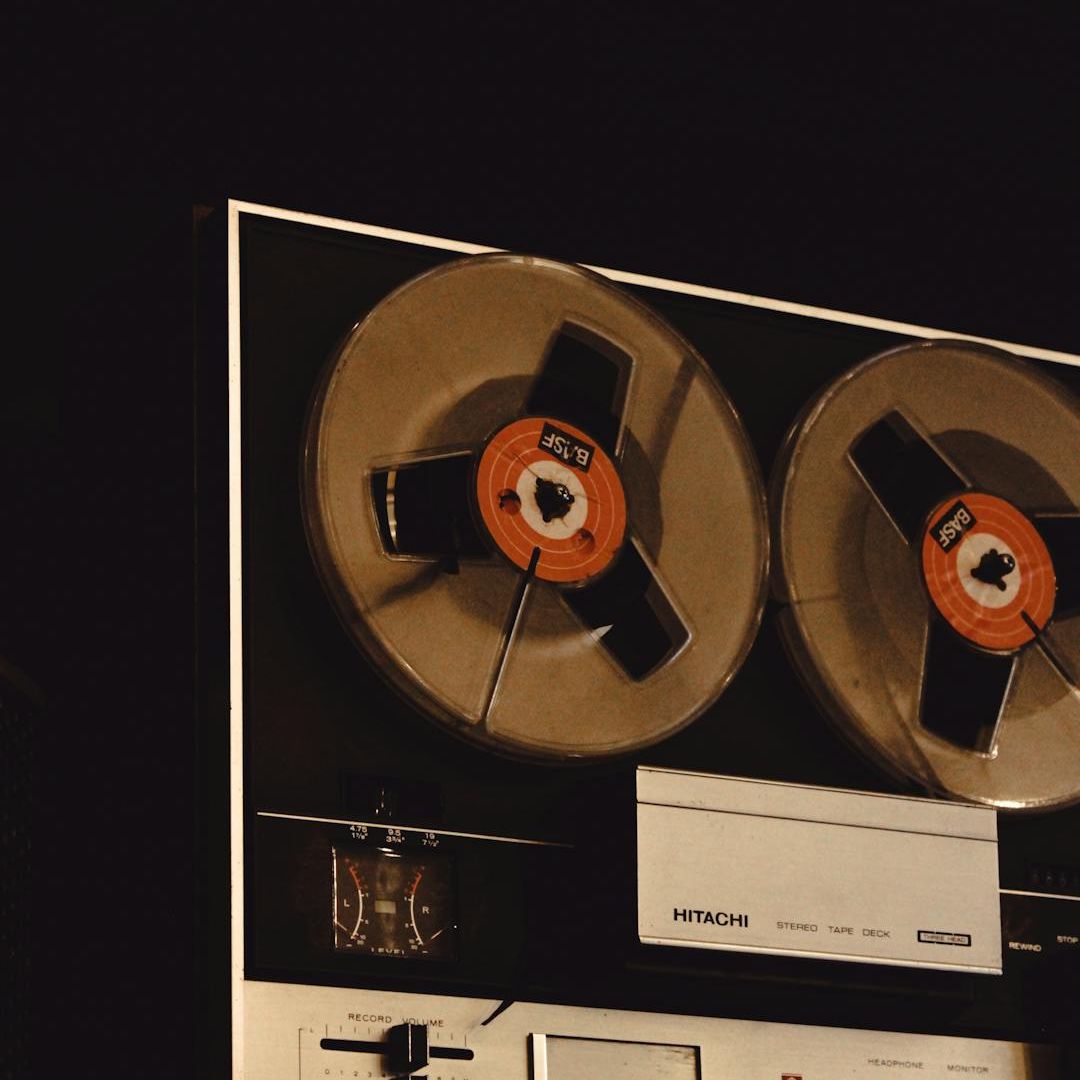Introducing G. Nicastro: A Remarkable Beatmaker and Sound Engineer
In the realm of music production, there are individuals who possess an innate talent for crafting captivating beats and shaping soundscapes that leave a lasting impression on listeners. One such exceptional artist is G. Nicastro, a skilled self-taught beatmaker and sound engineer whose work has recently garnered underground acclaim and recognition.
His impeccable attention to detail and technology has reached new heights of prowess in combo with Italian rapper Engeezo, for whom Gregor (his nick and what the “G” stands for) has produced and/or sonically enhanced music through his engineering wizardry.
G. Nicastro‘s journey as a beatmaker and sound engineer has been marked by an unwavering dedication to his craft and passion for music and an astute understanding of its intricacies, in a relentless pursuit of musical excellence.
We’ve discovered and appreciated his ability to create an immersive soundscape thanks to his latest works, as G. Nicastro has a truly unique artistic vision, and hasn’t been exposed to the limelight until very recently. His beats resonate with a perfect blend of rhythm, melody, and emotion, capturing the essence of the genre he works in while infusing it with his own distinctive style.
In the ever-evolving landscape of music production, G. Nicastro stands as a shining example of an artist who continually pushes boundaries, blurring the lines between innovation and tradition. In the following interview, we delve deeper into G. Nicastro’s creative process, exploring his influences, techniques, and the profound impact music has made in his life.
Join us as we embark on a captivating journey through the mind and work of this exceptional Italian beatmaker and sound engineer.
Would you like to introduce yourself to our readers?
Hello everyone. I am Matteo “Gregor,” aka G. Nicastro, a nearly forty-year-old from North West Tuscany, a proud support teacher, with a background in agriculture. I make beats, have been involved in the hip-hop scene for years in various underground formations, and in recent years, I have started to complete my skills by mixing the products I produce.
How and when did you start making beats?
I started producing in 2001 out of necessity since the rap group I was in did not have beats. I lived in a remote area without the Internet, and “type-beats” on the web did not exist yet.
My training is almost entirely self-taught, with trial and error. I can say that I have learned almost everything on my own, except for my first attempts at slicing and sequencing with FastTracker for Pentium I and Cool Edit Pro, which my friends Danilo and Fabio taught me.
Then someone smarter told me that to make beats, I needed “samplers.” It took me almost a year to understand what they were. At the nearest music store (ah, those were the days!), they had two options: a Korg Electribe ES 1, not very suitable for hip-hop but affordable for my pockets, and an Akai MPC 2000.
I bought the first one and promised myself to get the second one sooner or later. Two years later, I went to the grape harvest to buy myself the 2000 XL I still have. But for almost a year, I turned it on very little, with much fear. We had to get to know each other deeply. My approach to beat-making with that mishmash (the Korg) made for drum and bass was wild and chaotic.
Although I have always preferred New York hip-hop, I did not know how to get “that” sound, and my first experiments were more like scraps from a night of Def Jux’s abuse and excess than Illmatic’s plots. Plus, I was insecure, closed, and very sensitive, and the hip-hop scene has always had this aura of secrets, mysticism, and difficulty sharing, and it took me years and years to find a path.
What was the first commercial track that you placed?
It may seem strange, but my beat-making has always been at the service of a group, a collective, so almost all of my beats are in albums, EPs, and singles, born and died in the underground.
I have never had a “solo career,” and I have never placed a beat on a project that has had even minimal resonance. My attempts at “freelance producer” have always failed so far, and I have never invested in myself in terms of “product placement.”
I have always experienced beat-making as art, in purity, as an act that calms my restlessness and gives me the right serenity necessary to face life, and relationships with others, and accept the ugliness that surrounds us.
Some have chosen heavy drugs; I have chosen to make music, living on something else in life and only recently starting to attribute real value to what I do, because perhaps I have understood that it is also a way to elevate its dignity.
To give you an idea, I am just opening my Beatstar profile, and if I know myself, I don’t even know how much I will take care of it! (laughs)
How long did it take you to produce something you were proud of?
It’s an ongoing process, like the paradox of Achilles and the tortoise…The more I discover things, the more I refine my ignorance, and the more critical I become of what I do, constantly shifting my goal.
Paradoxically, when I was making my early garbage, I felt much more confident, even though I didn’t expose myself to critics due to a certain insecurity. So, my pride was fueled almost exclusively by the recognition of others. In this sense, what I’m doing now with Engeezo, after twenty years, is starting to come into focus.
If I have to partly relate this question to the previous one, the first moment I sensed the potential of what I was doing was when, in 2006-2007, GrandMaster Granu, a relatively unknown rapper from Pisa but incredibly important to my growth, complimented me on a beat for a demo of my first group, with pitched samples.
That free compliment was the SPARK. I understood, ‘Ah, okay, so what I’m doing can appeal to someone; I’m not wasting my time!’. I was then commissioned to make beats ‘for someone other than my little group,’ and from there, I truly started studying and stopped doing random things relying solely on instinct.
What’s your favourite setup?
Those who know me are aware that I’m an Akai Fanboy and that my instrument for 15 years was the Akai MPC 2000 XL. In the last 7-8 years, I’ve had some changes in living arrangements, and along with them came the desire for portable solutions. So, I started buying and selling gear until I reached the current balance.
Now I have two setups, I’m a spoiled guy: the first one is in my home studio called ‘Dischi Immaginàli’ (Imaginary Records), where despite having made some selections, I have an abundance of gear: Akai MPC Renaissance, Akai S950, Planet Phatt, 2000 XL, turntables, vinyl records, MIDI keyboard, PC, and I use what I need when I need it and as I please, letting inspiration guide me. The second setup is portable: MPC Live II and a MacBook.
I must optimize time and quickly capture ideas to work on later, so I’m attached to this minimalist setup, which I use at home or while travelling. I purchased it during a somewhat complicated personal moment when I had just moved into a very small and dark house, where I nurtured my soul by producing numerous beats, and my first Renaissance had broken.
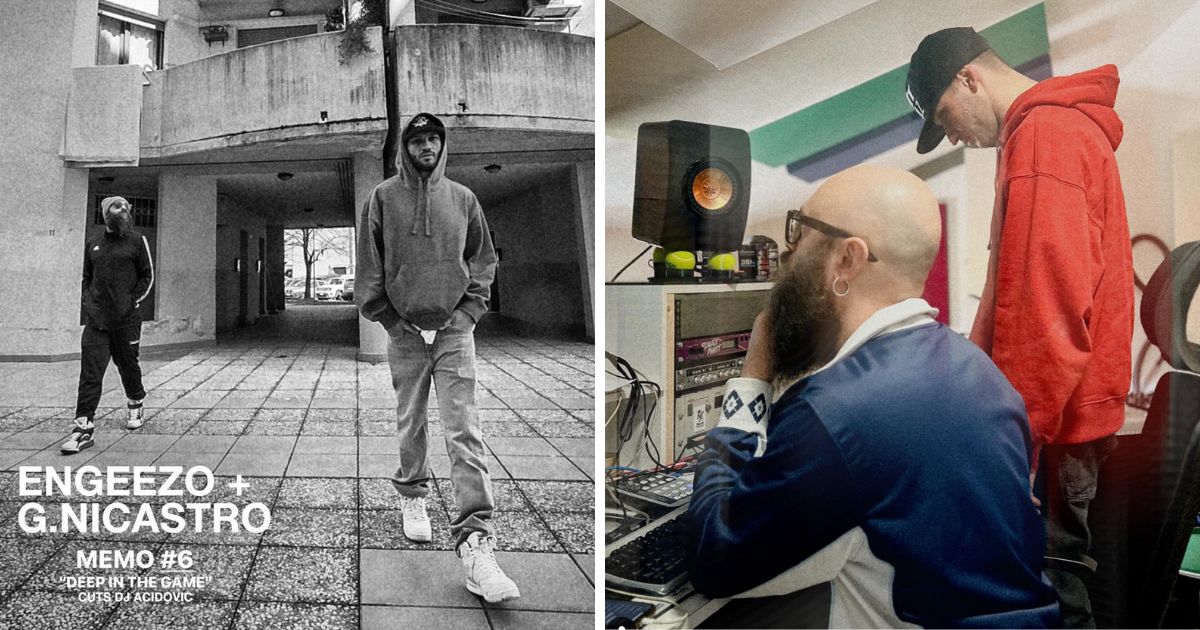
Do you still dig for records? What’s the best digging advice you’ve ever received, if any?
Yes, I dig wherever I can, although I try to avoid preconceptions, and lately, I’ve also been using Tracklib with great satisfaction, and this has helped me broaden my horizons.
The most genuine advice I’ve received in my life as a digger came from a couple of vinyl-addicted uncles with a deep knowledge of 70s stuff. Instead of advising me on “what” to look for, they educated my ears to many different sounds and introduced me to Italian and English prog-rock even before it became cool to sample it. I haven’t sampled it too much, but opening my ears to that genre, which in itself is a huge melting pot, expanded my thinking to various solutions.
Are any funny anecdotes related to digging?
Perhaps the best ones are related to the period when I produced for Cronofillers, the time when I delved deepest into sample research and when I believe my creativity reached its peak. When we did the Chernobyl project, for which I only sampled Italian music, my research process was very fragmented.
I worked in a different city than mine, so I would start driving at 6 in the morning and listen to the radio to wake up. A local radio station played a lot of relatively unknown Italian pop music. A couple of times, I heard a few unfamiliar tracks with amazing samples.
Since I didn’t have Shazam back then and I was driving, I would spend the entire journey repeating the lyrics in my head until I could stop and Google them based on those fragments of text…It didn’t always work, but I discovered a couple of gems that way, which fueled my obsession with digging for records.
Another funny anecdote was when my partner, Lo Snooze, went on a trip to Indochina. As a joke, I asked him to bring me some records. He came back with four 10″ records wrapped in newspaper-like trout, popular Chinese music records that had been given to him by some random guy, picked up from a back alley.
Of course, it was impossible to understand the titles, references, or years… I used two of the tracks for two songs on the first Cronofillers album. Not to mention the digging I did exclusively by choosing unknown and absurd records, perhaps my favourites.
I associate these anecdotes with the bittersweet memory of one of my record pushers who, unfortunately, is no longer with us. He used to attend fairs, collect records, and even though he came from a different background, he tried to understand this whole sampling thing, especially the playful side. Now and then, he would call me and say, “I got a shipment of horrendous and completely crazy stuff for 1 euro, are you interested?” I believe digging is one of the things that bring people together in this realm that involves a lot of solitary research.
Is there any producer, in the last few months, who made you say “Oh sh*t, I have to go back to the lab!”?
Ah, there are so many, but I have very standard tastes…I appreciate those who create tasteful things. The beatmaker of my heart has always been Prince Paul; since the De La Soul catalogue was released digitally, I took the opportunity to revisit their first three albums, especially De La Soul is Dead,” which is my favourite. They are so full of ideas, so simple yet substantial that every time it’s like revisiting the fundamentals, like mom’s lasagna.
Another producer who never ceases to amaze me, quite simply, is DJ Premier. In general, in an era where music is background noise that shouldn’t disturb you while you’re doing “other things,” I appreciate anything that manages to dig a little deeper, demands attention, manages to absorb you and not just be background noise.
Some other names…well, although it’s not always my cup of tea, I appreciate Hitboy or the production on Lil Yachty’s latest album (…I never would have thought to tell that…), the recent works of Alchemist, Muggs, and Madlib, the atmospheres they create… that’s the kind of drumless music I like!
One of my favourite albums in recent years in terms of beats is “Intros, Outros & Interludes” by Domo Genesis. No frills, compact, perfect atmospheres. In Italy, I mention Shocca, especially for the consistency of his productions and how his sounds “caress” you, but I could mention a thousand others.
What surprises me when I listen are mostly the details, the ability to “tell a story, narrate, argue, take you on a journey” with the beats of an album, more than the famous “lookin’ for the perfect beat.” I also greatly appreciated Sick Budd’s work on E Green’s latest album. I also listen to trap if I have the opportunity, but it’s not a sound I can connect with, maybe it’s my age, or maybe it’s because of that story in Nick Hornby’s “High Fidelity“…
Your worst production mistake?
For too long, I thought “complicated equals beautiful.”
It is understandable that at times one can associate the concept of “complicated” with something “beautiful” or “interesting,” especially in the artistic realm. However, it is important to remember that beauty can also be found in simplicity.
Complexity is not necessarily synonymous with artistic quality or value. A simple and direct creation can convey a more powerful emotion than a complex composition. Therefore, it is always good practice to evaluate a production not only based on its complexity but also on its ability to communicate and engage the audience.
